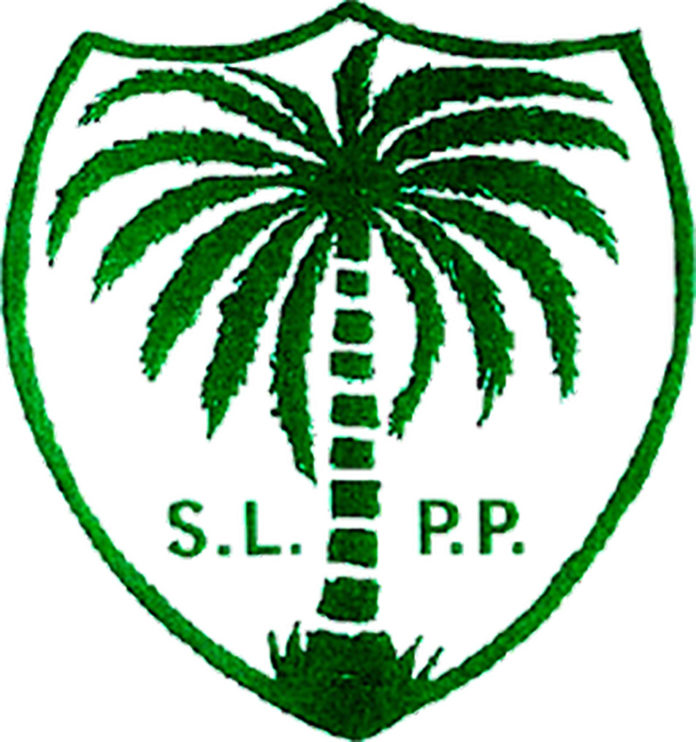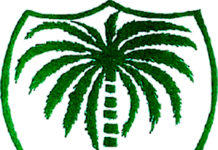
SLPP’s 2018 Manifesto Versus 2023 Achievements: A Comparative Analysis of Promises and Progress in Adult Literacy, Technical and Vocational Education, Higher Education, and Civic Education
By the Sierra Leone Live Team
In the dynamic world of politics and governance, tracking the progress and impact of political manifestos is key to understanding the performance of elected bodies. In 2018, the Sierra Leone People’s Party (SLPP) came to power with a clearly articulated manifesto titled “New Direction.” This manifesto aimed to effect meaningful changes across the various sectors of the country, focusing on adult literacy, technical and vocational education, higher education, and civic education.
Now, five years later, it’s imperative to assess how the SLPP has performed against the commitments outlined in its 2018 manifesto. This process involves comparing the objectives and plans set out in the manifesto with the reported achievements of the party over its five years in office. To gain a clearer understanding of these achievements and gauge their impact on the citizens of Sierra Leone, Sierra Leone Live will pose 25 targeted questions to the people of Sierra Leone. This approach offers a comprehensive, grounded, and multi-perspective analysis of the SLPP’s performance, crucial to creating an informed dialogue on the impact of political actions in the nation.
Adult Literacy Education:
The manifesto outlined plans to increase access to adult literacy programs, with plans for literacy centers, programs for women, curriculum development, and integration into livelihood programs. However, the 5-year achievement report doesn’t mention adult literacy, which makes it challenging to gauge progress in this area.
Technical and Vocational Education:
The manifesto detailed several objectives, such as establishing polytechnics and vocational centers, reviewing and standardizing curriculums, increasing budget allocation, and involving private companies.
The achievement report shows progress in this area. They have established technical and vocational centers in all districts. There’s also mention of the establishment and upgrade of technical universities. Introducing an education sector plan and strengthening the Education Management Information System (EMIS) suggest improved oversight, which could be linked to the manifesto’s desire to review and standardize the curriculum. However, the report does not directly mention curriculum standardization.
Higher Education:
The manifesto proposed establishing a separate Ministry of Higher Education, reviewing related statutes, changing university leadership structures, and encouraging internal initiatives for faculty compensation and resource management.
The achievement report lists several measures aligned with these goals, such as the depoliticization of universities through the University Act of 2021. They have provided free tuition for women studying STEAM subjects, expanded grant-in-aid schemes, increased staff wages, and introduced a student loan scheme, showing an effort towards improving financial support for students and staff. However, there is no mention of the establishment of a separate Ministry of Higher Education.
Civic Education:
The manifesto intended to launch a National Programme on Civic education and reintroduce civic education in schools. The achievement report mentions nothing about civic education.
Entrepreneurial Education and R&D in Universities:
The manifesto also proposed introducing entrepreneurial education and developing research and development at the university, but the 5-year achievement report does not provide information on these points.
The achievements listed in the report seem to show that the SLPP has made progress in the fields of higher education and technical and vocational education. However, it’s unclear how much progress, if any, has been made in adult literacy, civic education, entrepreneurial education, and research development based on the information provided. It would be beneficial to gather more data or request a comprehensive update from the SLPP in these areas.
Let’s conclude
The analysis provided above offers a critical comparison between the SLPP’s 2018 manifesto and its achievements over the last five years. It’s clear that while strides have been made in certain areas, especially technical and vocational education, and higher education, there appear to be gaps in reporting progress in areas like adult literacy and civic education. These observations raise important questions about the implementation and reporting of political commitments.
We recognize that this analysis is only part of the picture, and we can gain much from the firsthand insights of the people of Sierra Leone. As we move forward to engage the public with the 25 questions, we look forward to deepening our understanding of the impact of the SLPP’s governance on their everyday lives.
We would like to extend our sincere gratitude to the people of Sierra Leone for their engagement in this process. It is their responses, and their lived experiences, that will bring a fuller understanding of the achievements and shortfalls of the SLPP, allowing for a more informed, constructive dialogue on our nation’s political progress. Thank you, Sierra Leone, for your participation and for helping shape this essential conversation.



